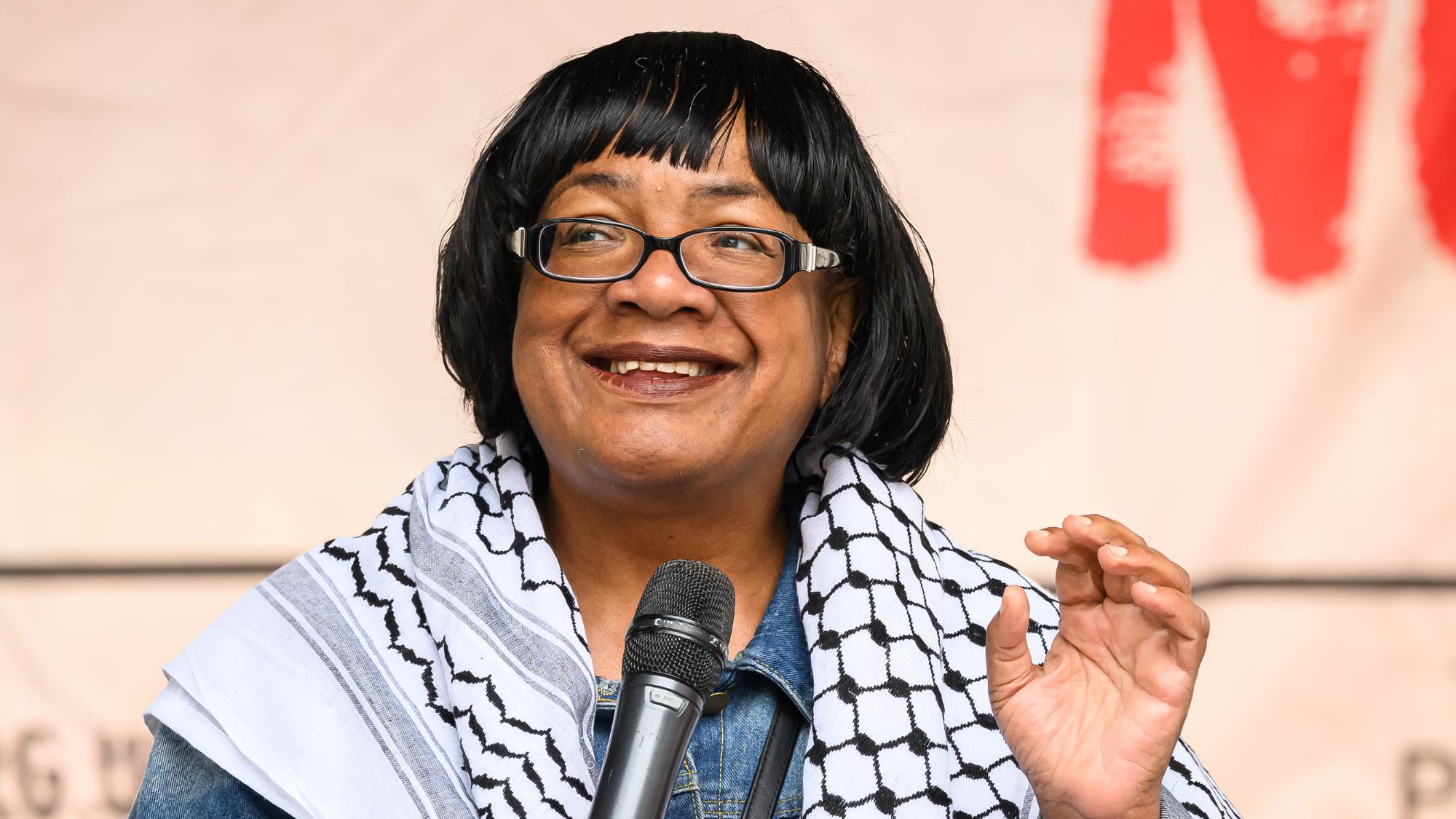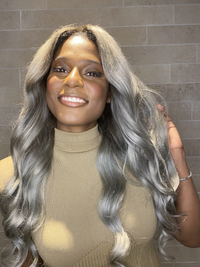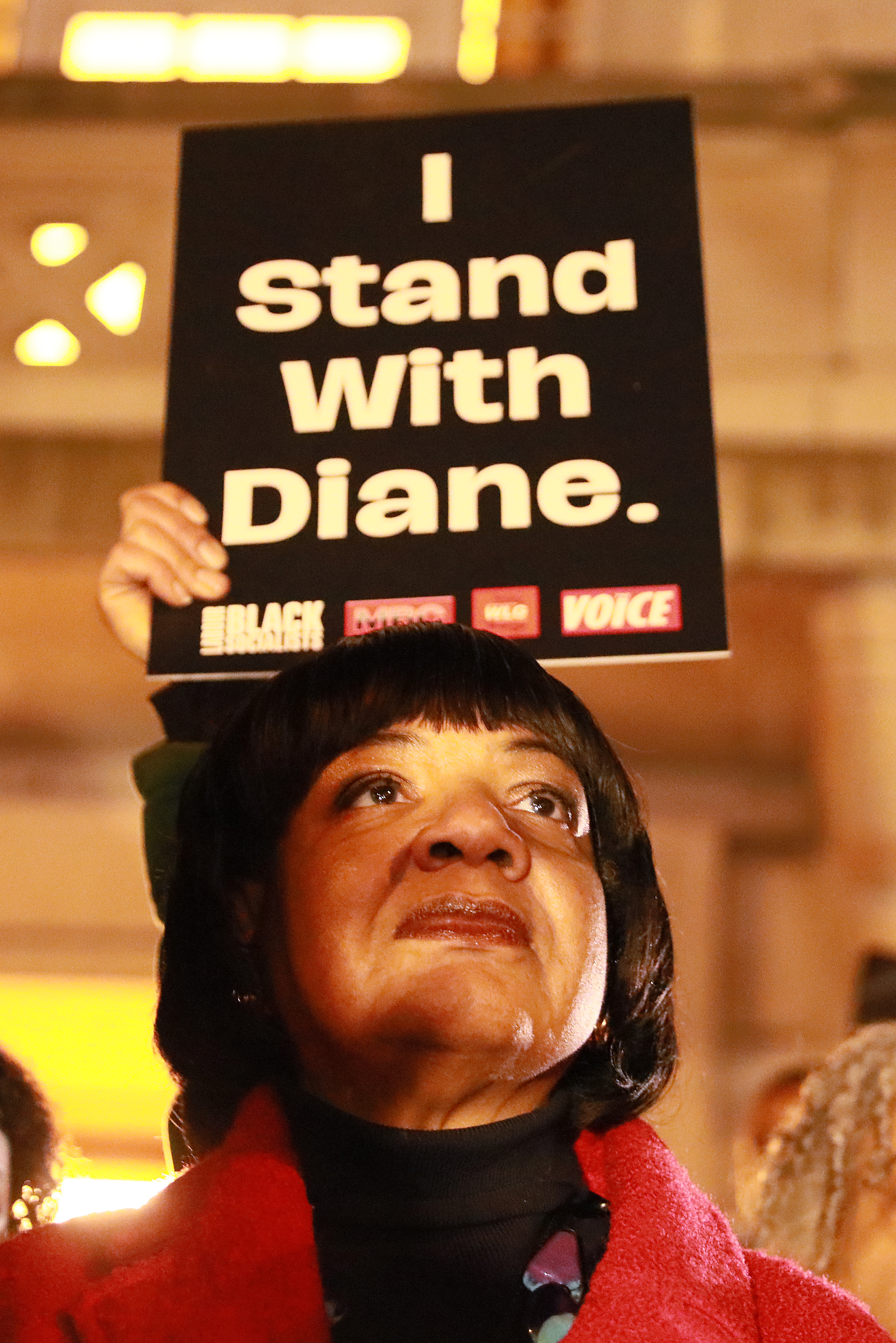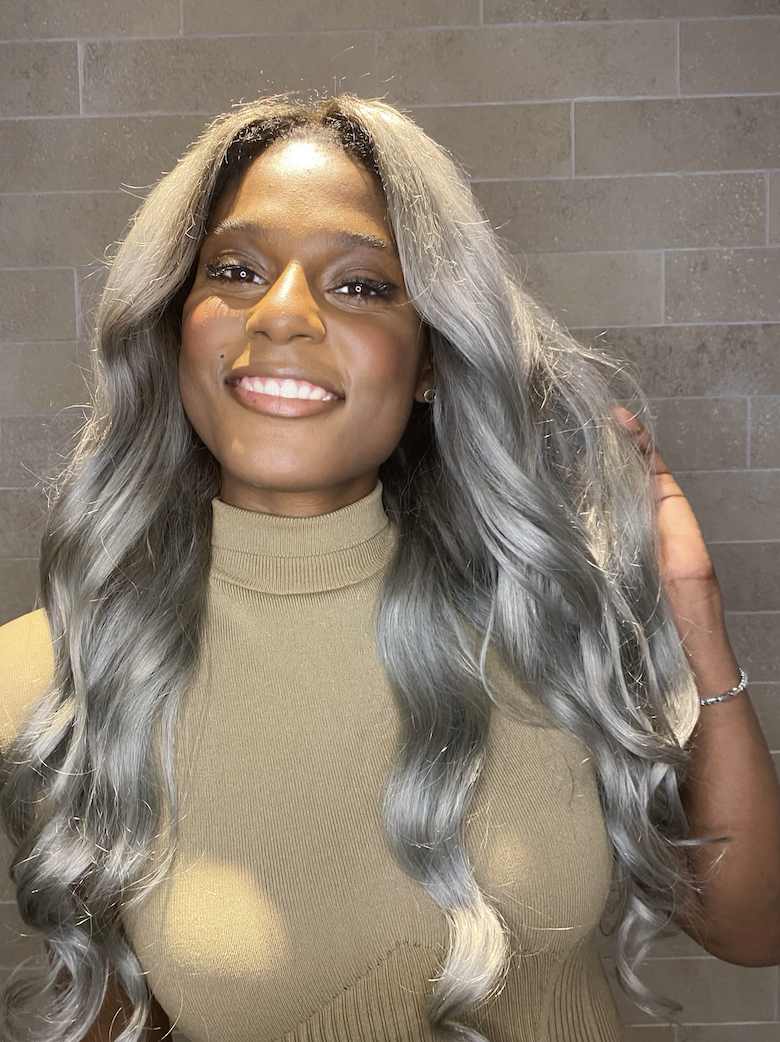Diane Abbott is Proof That as a Black Woman, You Are Held to Higher Standards and Criticised More Harshly
It's no surprise so many black women support Diane Abbott — they know how it feels to be vilified


A Black woman with a voice is not someone the corporate world wants climbing their exclusive ladder. Diane Abbott, the first Black woman ever elected to the British Parliament, proves this. Following the recent reports of her suspension and whip removal pending an antisemitism investigation to “enforce discipline”, it is clear that the rules and penalties against racism apply to some, but not all.
Abbott has been suspended from the Labour Party for a second time after reaffirming controversial remarks about racism. In a recent BBC interview, she stood by a 2023 letter in which she suggested Jewish, Irish and Traveller communities experience prejudice but not racism “all their lives,” sparking widespread criticism.
I want to make it abundantly clear that all racism is, of course, abhorrent, and everyone’s pain must be acknowledged; however, the same standards must be expected from all parties. Whether or not we agree with what she said—or how she said it—the backlash and penalties she’s receiving reveal a distinct double standard in how the political playbook holds women, specifically Black women, to a higher bar.
We could sit here and debate the definition of racism (which is often weaponised or misinterpreted), but the issue runs deeper than a controversial statement. When you're a Black woman climbing the ladder, the goalposts are constantly shifting. You’re expected to perform with unwavering excellence, grace, and political correctness, without space for the slip-ups others are quietly forgiven for. It's not just exhausting, it’s unsustainable.
This has all been a stark reminder that no matter your job title, class, education, network, or pay bracket, as a Black woman, you will be held to higher standards. You will also receive more acute scrutiny and criticism. According to a survey by Amnesty International in the lead-up to last year's election, Dianne Abbott was abused online ten times more often than any other female MP. Furthermore, black and Asian female MPs on the whole received 35% more abusive tweets than their white colleagues.
A UK study by TUC in 2022 showed that more than 120,000 workers from minority ethnic backgrounds have quit their jobs because of racism.
Last year, the Conservative Party’s biggest donor, Frank Hester, said that Diane Abbott makes you “just want to hate all black women”. Former prime minister Boris Johnson once referred to women who wear burkas as “letter boxes”. Former Home Secretary Suella Braverman incorrectly claimed that grooming gangs were “almost all British‑Pakistani men.” Conservative MP Heather Wheeler referred to the Traveller community as “tinkers” and “knife cutters”.
Yet, it's Diane Abbott, a woman who has been the target of so much abuse, who is being penalised. Last year, in a follow up BBC Reflections interview, Abbott was asked if she would condemn antisemitic behaviour in the same way she would racist behaviour against someone because of the colour of their skin. She replied: “Well of course, and I do get a bit weary of people trying to pin the antisemitic label on me because I've spent a lifetime fighting racism of all kinds and in particular fighting antisemitism, partly because of the nature of my constituency.”
Celebrity news, beauty, fashion advice, and fascinating features, delivered straight to your inbox!
Regardless of your political orientation or views on Diane—who has made it abundantly clear that she is against all forms of racism—the way she has been vilified and prosecuted by the powers that be is wrong. And sadly, this incident is not isolated; instead, it’s more of an exposé into the disturbing reality faced by many Black women in the workplace.

Diane Abbott attending the 'Stand With Abbott Rally' on March 15, 2024 in London.
A UK study by TUC in 2022 showed that more than 120,000 workers from minority ethnic backgrounds have quit their jobs because of racism. ONS data shows that Black African women have a 26% pay gap compared with the average male worker. Despite only covering 6% of the working population, they make up 15% of all students in higher education. 60% of black and minority ethnic women are in higher education.
Black women are the perfect victims for the glass cliff phenomenon—when women and other minorities are disproportionately placed in leadership positions during times of crisis or uncertainty, when the risk of failure is high.
For me, as a Black woman, I found myself free-falling from the glass cliff most of my 20s. I worked in corporate settings, where the rules were different, and the goalposts for progression kept changing. I was asked to go further than my colleagues to get half the credit. I have been treated poorly by seniors, patronised, gaslighted, accused of things I didn’t do, and regularly had the “Angry Black Woman” trope thrown at me without any basis.
Many Black women in my life have said there is a culture of celebrating mediocrity in the corporate world. “I work in finance, and although numbers don’t lie, male privilege still seems to prevail, and I have white male peers that, despite callous mistakes, bad time management and subpar results, have been promoted ahead of me.” Says *Tiwa, 32, a Black financial advisor in London.
For Black women, mediocrity is not an option, and that’s not to say that it should be, but surely, we should be afforded the same level of grace as our peers. We should be rewarding Black women shattering through glass ceilings, not booting them off the glass cliff without a parachute by bullying and gaslighting them out of the corporate ladder. “Obviously, the Labour leadership wants me out”, Diane told the BBC—a sentiment many Black women have shared at some point in their career journey.
It’s no wonder Black women are all over social media, battling strangers and Facebook trolls and engaging in serious discourse. We still have a systemic problem with racism in the corporate world, inherited like a treasured family heirloom trickling down generations of leadership.
*names have been

Sheilla Mamona, otherwise known as Shei [SHAY] is a freelance journalist with bylines in publications such as Vogue, GLAMOUR Magazine, Allure, The Sunday Times STYLE and The Telegraph.